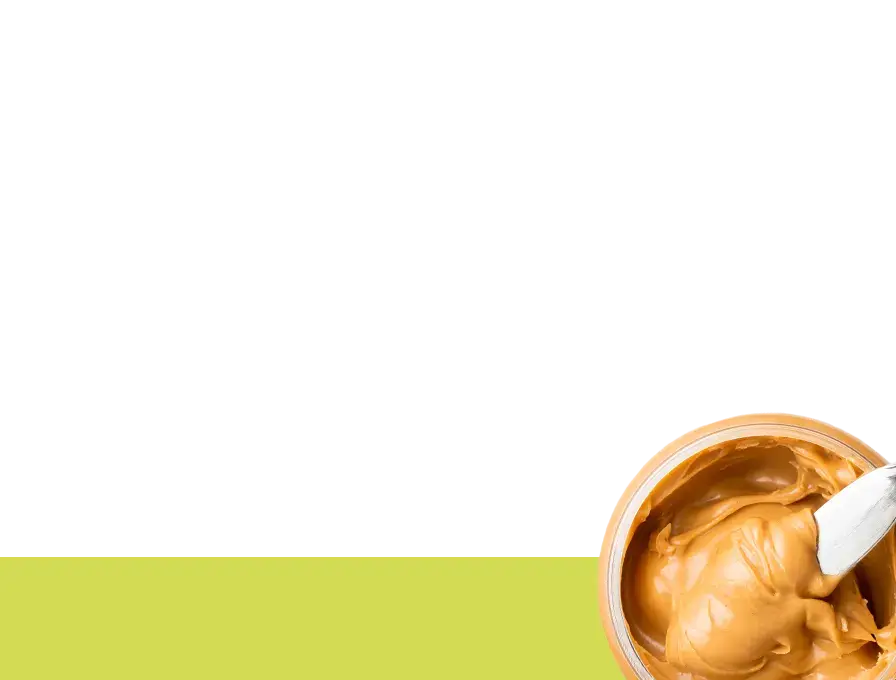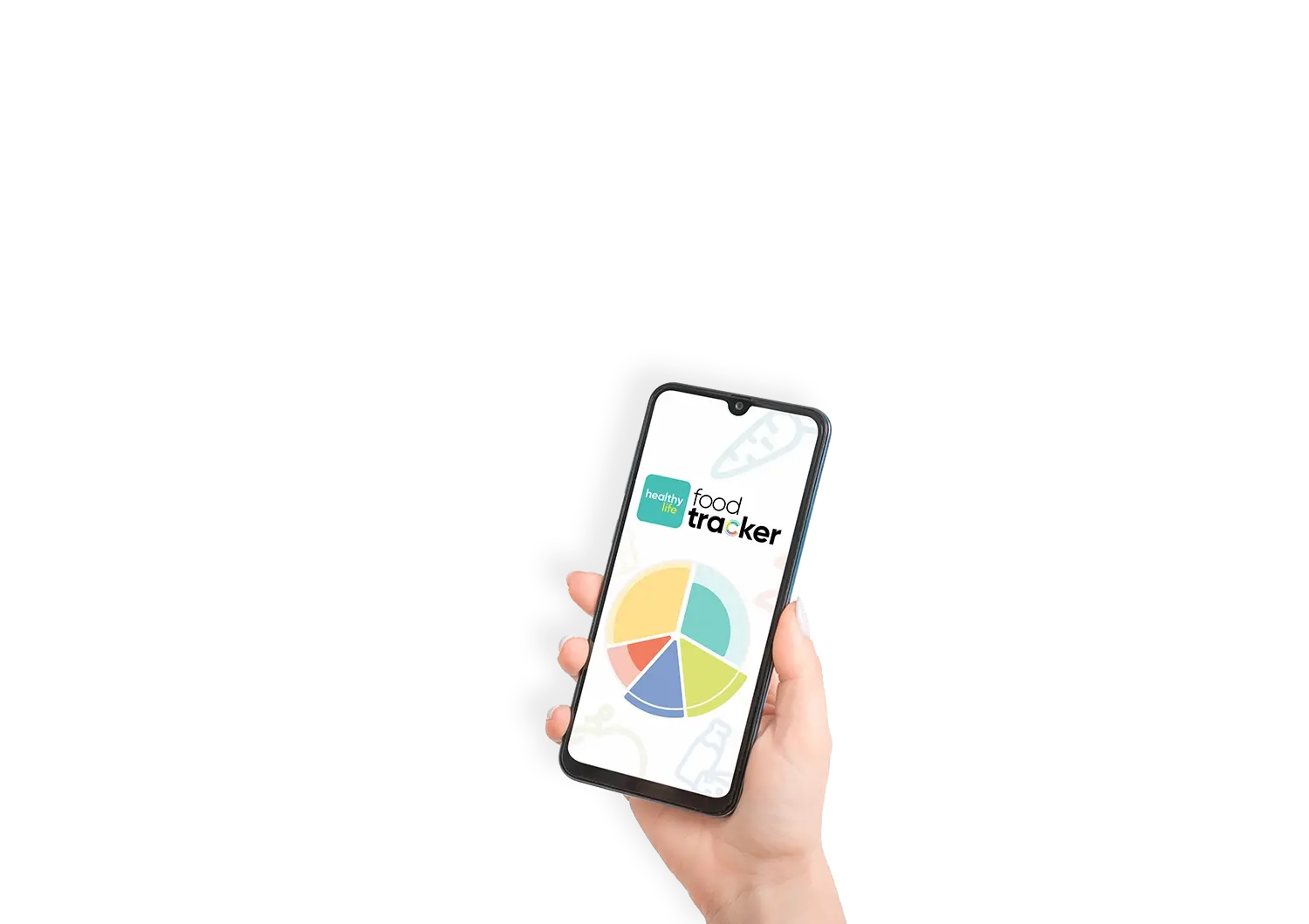The A to Z of why nutrition is important | healthylife
The A to Z of why nutrition is important
Finding the science behind nutrition a bit much to sort through? We get it. Cut through the noise with a quick nutrition overview, a handy A-Z guide and expert nutrition tips that make understanding the essentials as easy as ABC.

Nourishing our bodies with food
‘Nutrition’ is all about how our bodies get the nourishment we need to stay healthy and happy from food. Our nutrition is linked to our:
- immune system
- energy levels and general sense of vitality
- mental wellbeing
To help most adults get the nutrients they need to thrive, the Australian Dietary Guidelines recommend eating a variety of foods daily from each of the 5 good groups
- vegetables
- fruit
- grain foods - especially wholegrain and high-fibre varieties,
- lean meats and poultry, fish, eggs, tofu, nuts, seeds and legumes or beans
- milk, yoghurt and cheese or alternatives.
A to Z of nutrition reads

The benefits of vitamin D
Discover what you need to know about vitamin D - what it does, where to get and how much of this essential vitamin is recommended every day.

What are B vitamins and why are they important?
Did you know that there are over 8 different B vitamins that play a vital role in human health? Let’s dive into each one in more detail and discover what you need to know about B vitamins and their role in human health.

Are you getting enough vitamin B12?
Vitamin B12 is an essential nutrient that helps support energy and red blood cell production. How do you know if you're getting enough?

Are immune support supplements helpful?
Vitamins may play a role in supporting the immune system. Here’s what you need to know about them.

What are the benefits of magnesium?
Feeling fatigued? Stressed? Trouble sleeping? Muscle aches and pains? Magnesium might just be what you’re missing!

Your guide to iron supplements
Discover the importance of iron, deficiency signs, and get the need-to-know about iron supplementation.
vitamins from A to Z
ways to eat
Evidence-based programs to help you navigate all the confusing nutrition information out there and make small, easy changes to your daily diet.

Ways to fuel your body for more energy
Did you know that a nutritional imbalance may affect your energy levels? Poor diet is one of the biggest contributing factors to low energy levels. And unfortunately, it’s a vicious cycle, since low energy levels often then lead to cutting food corners.
Eating brain-healthy foods may help to increase your energy and motivation. These foods include:
- fruits, vegetables and whole grains
- lean animal or plant-based protein and omega 3 rich foods, like oily fish
Dietitian Shivaun Conn says that not drinking enough water can also leave you feeling sluggish. Plus, she adds that sometimes, eating to improve energy levels is as simple as following the advice we give children: “just eat ‘sometimes foods’ sometimes.”
Quick tips for reading nutrition labels
Learning how to read the nutrition information panel is a great way to become more informed about the foods you’re eating. Here are 3 elements to be aware of next time you’re reading the food fine print.
Pay attention to serving size
Food manufacturers select the serving size of a product. It’s not set in stone, and can be different across different products.

Think in percentages
A good way to compare the nutritional value of different foods is to look at the ‘content per 100 grams’ column. That way, you can easily convert the number to a percentage in your head.

Ingredients are listed in descending order
Trying to make sense of those long ingredient lists can be overwhelming. Ingredients are listed in descending order by weight. So the first few ingredients you see, make up more of the product than those further down the list.

Food Tracker
A simple tool to provide insight into your shopping habits and inspiration to make healthier choices. Visit your healthylife profile to get started.

Services to help you manage your nutrition
dietitian
Get practical, evidence-based advice on the best diet choices for your health condition.

nutritionist
Work on your wellbeing and follow good food choices for preventative wellbeing.

naturopath
Good a holistic helping hand and find out how to use food as medicine.

This is for informational purposes only and does not provide medical advice, diagnosis, or treatment. Any information published on this website or by this brand is not intended as a substitute for medical advice. If you have any concerns or questions about your health you should consult with a health professional.


